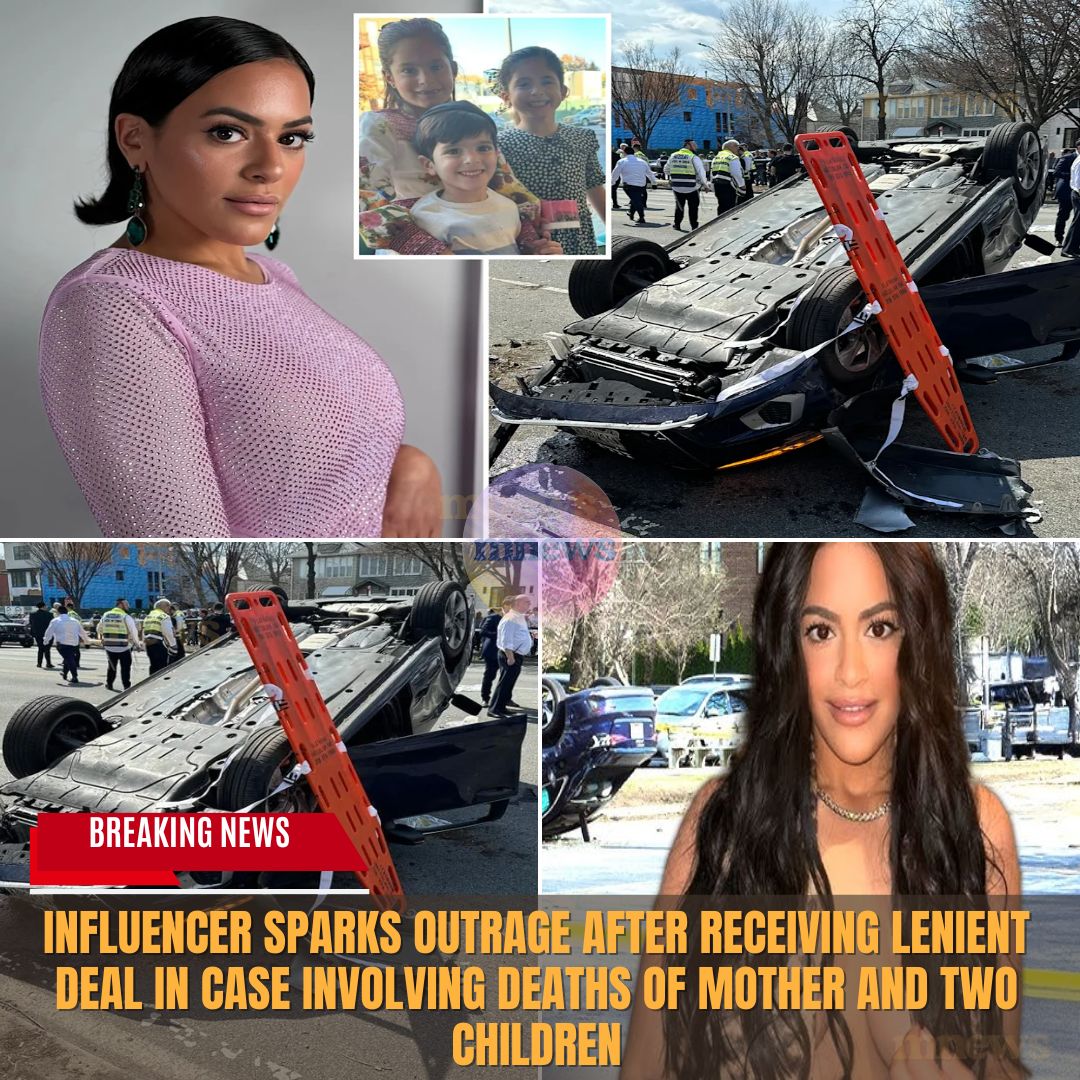A Brooklyn community is reeling in shock and sorrow after a tragic incident that claimed the lives of a mother and her two young daughters. Miriam Uremi, a 33-year-old social media influencer, has been sentenced to a mere three to nine years in prison after pleading guilty to three counts of second-degree manslaughter. This lenient sentence has drawn outrage from the victims’ families and the wider public, who see it as a stark message that reckless driving may not carry the consequences it deserves.

On a fateful March day, Uremi, known for her wig-making business and social media presence, plowed her luxury Audi into a family crossing a Brooklyn sidewalk. Surveillance footage captured the horrifying moment as she sped through a red light at 68 mph—more than double the speed limit—while reportedly taking a selfie and using her phone. The collision was catastrophic, resulting in the deaths of Natasha Sada, 36, and her daughters, ages five and eight. Natasha’s four-year-old son survived but was left with severe injuries, including skull fractures and a brain bleed.
Despite a history of reckless driving, with nearly 100 tickets and thousands of dollars in unpaid fines, Uremi’s plea deal has sparked outrage. The Brooklyn District Attorney’s office had initially sought a harsher sentence, but Judge Danny Chun opted for a significantly lighter punishment, stating that when a defendant pleads guilty, the maximum penalty is typically not imposed. This reasoning has left many questioning the judicial system’s commitment to justice for victims.

In court, Uremi appeared remorseful, dabbing her eyes as she read a statement expressing her sorrow. However, recorded jailhouse phone calls tell a different story. In conversations with her ex-husband, Uremi displayed a troubling sense of entitlement, claiming she was just as much a victim as the families she harmed. She even suggested that she could feign mental illness to mitigate her legal troubles. Such comments have fueled public anger, as many believe she has yet to fully grasp the gravity of her actions.
The Sada family, devastated by their loss, chose not to attend the sentencing, with their attorney expressing disbelief at the leniency of Uremi’s sentence. “This sends a clear message that reckless driving isn’t so bad,” he lamented. The community, particularly the Jewish community to which the Sadas belonged, is mourning the loss of innocent lives and grappling with the implications of this case.
As Uremi begins her sentence, the Sada family is left to navigate their grief and consider legal action against her. They are not alone in their sorrow; the broader community is rallying around them, offering support and solidarity in this time of unimaginable loss. The case has ignited a conversation about the dangers of reckless driving and the need for stricter consequences for those who endanger lives on the road.

The tragedy of March 2023 serves as a grim reminder of the potential consequences of reckless behavior behind the wheel. As the Sada family seeks justice, many are left wondering what it will take for the judicial system to send a clear message that lives lost due to negligence will not be taken lightly.






